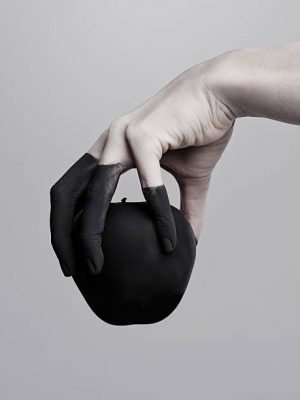
Isaac Newton Never Had Sex
Step into my world of journal entries. Or better, step outside the box if you will. I had warned you that this blog would contain some uncomfortable truths – as well as insights and opinions that you might dislike me for.
But better a reaction than no reaction at all, right? After all, this is what makes good writing, and stories that actually stick.
Today’s entry (my first entry – eeep!) is about insanity.
Some of us wear insanity like pearls to adorn our creativity. Some of us run away from it, as though it’s a black dog chasing us in the middle of the street.
Either way, most creatives have it in some capacity. And I believe that insanity actually makes us more intelligent, innovative, and brave. In fact, all my favourite stories (including the ones written by myself) are about two sentences away from falling off the edge. Perhaps insanity is our greatest weapon.



